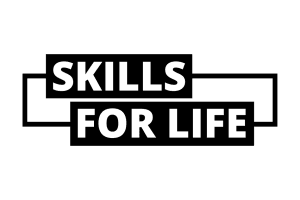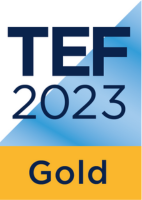Training and round table discussion for textile tutors with ReFAB
On 10 December 2024, the Textiles Department at Morley College London hosted a training session and round table discussion with ReFAB that focused on sustainable practices and upcycling in the textile industry. During the session, tutors engaged in lively discussions about the environmental, economic, and social impacts of textile waste and the potential of upcycling as a solution. They explored how these issues could be integrated into their classes to both inspire students and promote sustainability in textile design.
Waste management in textiles with ReFAB



The tutors learned about ReFAB’s mission to tackle the growing textile waste crisis. They were introduced to the staggering statistic that 700,000 tonnes of textile waste enter UK landfills each year, much of it from homeware industries, with a large portion remaining unused despite having decades of life left. ReFAB’s work was highlighted as a model for how discarded textiles can be transformed into high-quality products through upcycling, showcasing how sustainable design could address this significant environmental challenge.
The tutors discussed the various challenges associated with upcycling, such as the complexity of sorting and curating materials, the labour-intensive nature of the process, and the higher production costs compared to mass-produced textiles. These challenges sparked a broader conversation about how to manage these difficulties in a practical way within the classroom. They also recognized the significant opportunities in the growing demand for sustainable, ethically produced products. With a steady supply of unused textiles and an increasing global push for circular economies, tutors saw how they could help students tap into these emerging markets.
Tutors were encouraged to think creatively about how to introduce sustainability into their classes, whether through design challenges, collaborative projects, or by showcasing the potential of upcycled materials. The round table discussions allowed tutors to share ideas on how to inspire students to think more sustainably and to reimagine the narrative around upcycling, making it cool, desirable, and economically viable.
This session not only provided tutors with new insights into sustainable design but also them to bring these practices into the classroom, ensuring that the next generation of textile designers is empowered to make more environmentally conscious choices. The conversation sparked a shared commitment to integrating sustainability into the teaching and learning experience, contributing to the broader movement towards a more sustainable textile industry.









